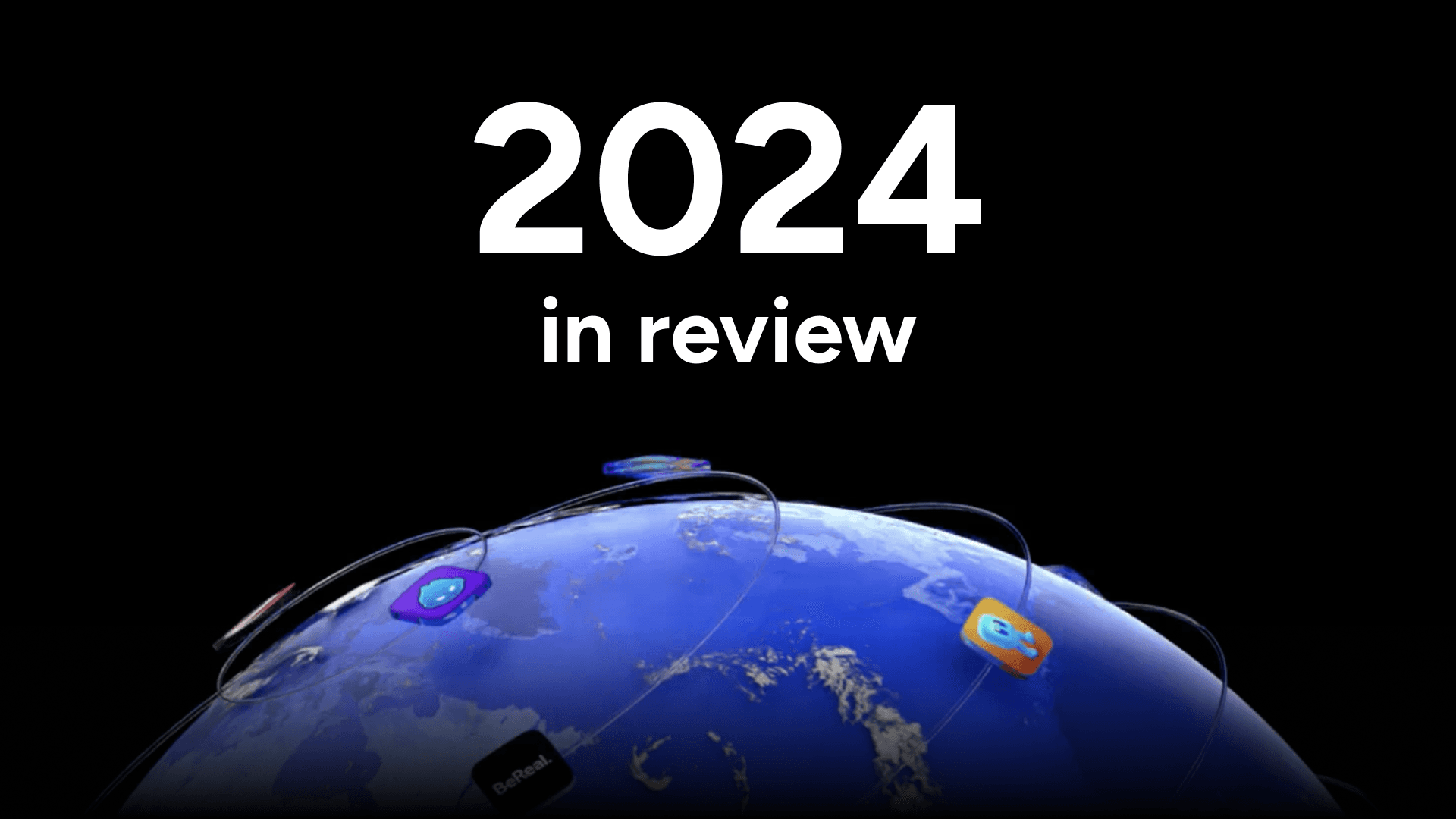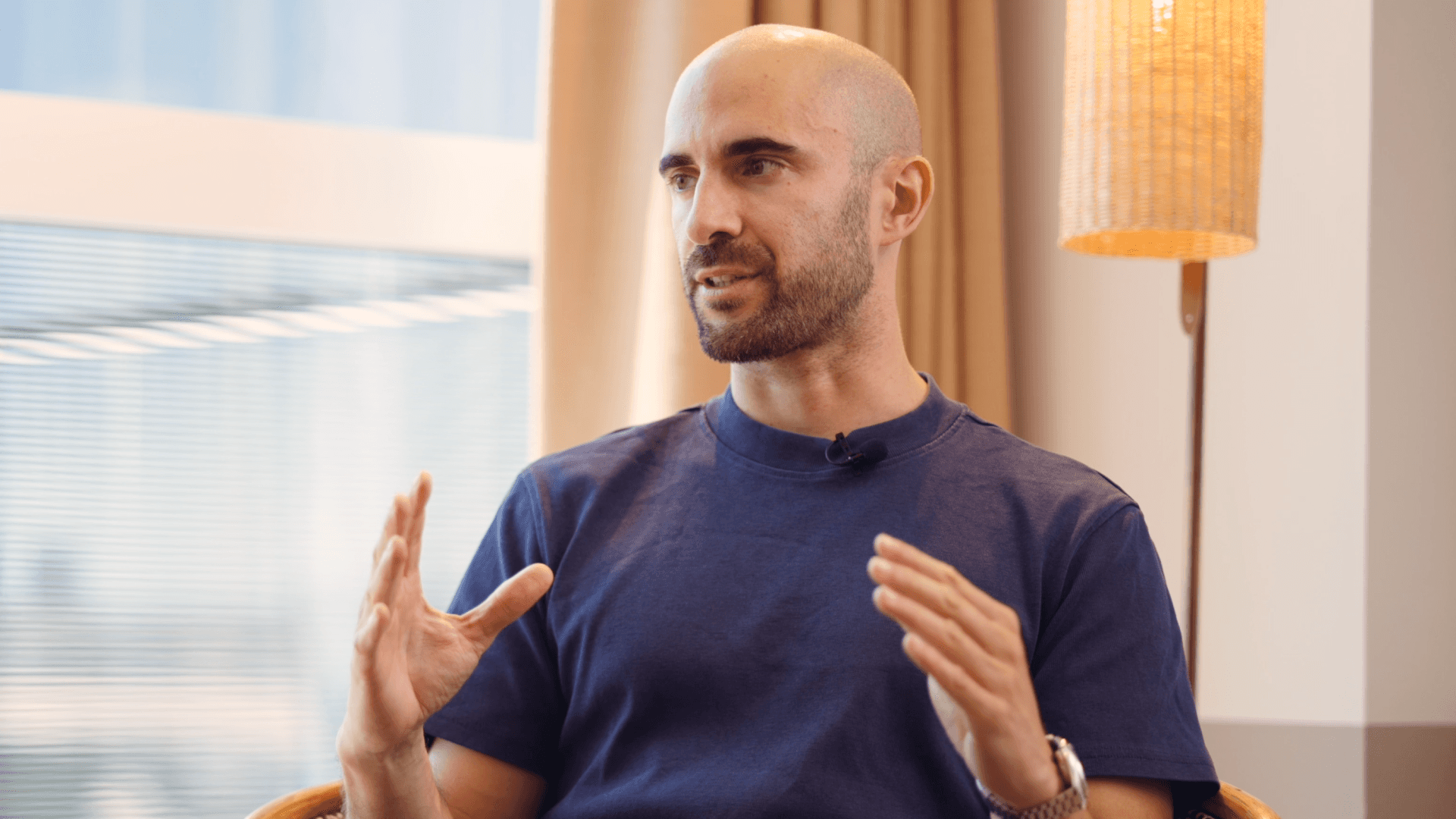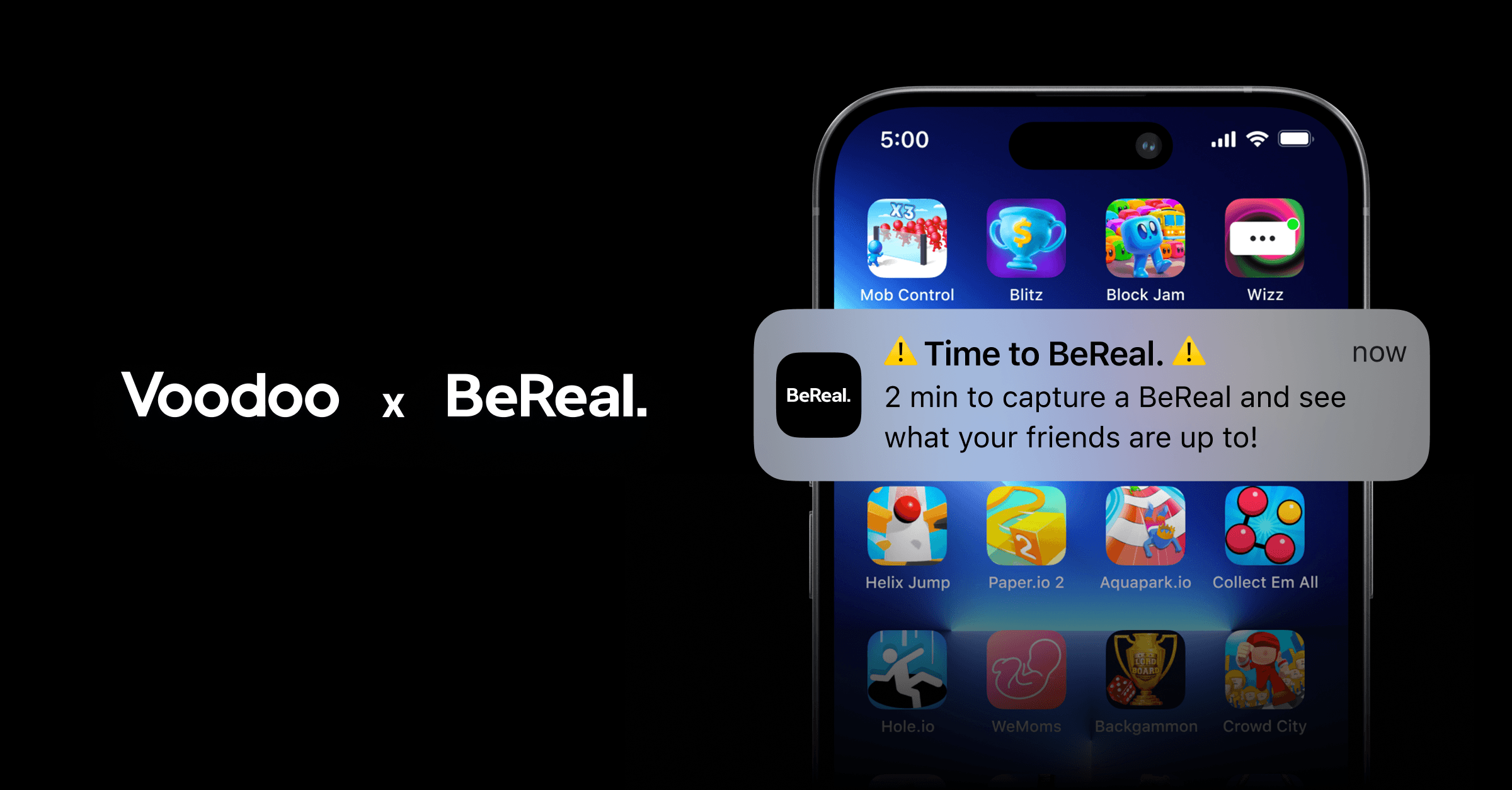Voodoo’s Secret Sauce: From 0 to 250M Hybridcasual Revenue in 3 Years
Gaming
·
Jun 3, 2024
·
Written by
Deconstructor of Fun
·
5
min read
If you've been curious about how world-leading game publishers are operating in 2024, you're in for a treat. Today, we delve into the unique player in the French tech scene: Voodoo.Headquartered in Paris and overseeing over 100 studios worldwide, Voodoo operates like a well-oiled, data-driven machine. If you’re an indie studio hoping to launch a hit game, you might want to think about partnering up with Voodoo, because they excel at what they do.Here are some impressive stats: Voodoo maintains an average of roughly 100 prototypes in progress at all times, reflecting a massive stream of game development ideas. They test around 1,000 prototypes each year, demonstrating their dedication to exploring a wide array of concepts. Despite this extensive prototyping, only about 0.4%—approximately four games per year—make it to full launch, and just one of them typically becomes a hit.Make sure to watch the video below to get an insider’s view of Voodoo’s HQ, where Mishka Katkoff and Gabriel Rivaud, VP Gaming at Voodoo, discuss the company's strategies and insights.
In a recent interview, Gabriel Rivaud, VP Gaming at Voodoo, sat down with host Mishka Katkoff at Voodoo's headquarters in Paris, to explore how they have managed to sustain its success over the years and adapt to the ever-evolving gaming landscape. They started off by delving into the company’s significant shift from hyper-casual to hybrid casual games. This strategic pivot has been crucial in addressing market changes and player preferences. Gabriel emphasized the importance of data-driven development, which allows Voodoo to refine their games continuously based on player feedback and performance metrics.The conversation also highlighted Voodoo's organizational structure, which supports and encourages innovation. Gabriel explained how Voodoo’s talent acquisition and development strategies are designed to attract and nurture top talent, ensuring that their teams are always at the cutting edge of game development. This focus on talent is complemented by a long-term vision aimed at creating iconic games that stand the test of time.Collaboration dynamics, both within Voodoo and with external studios, were another key topic. Gabriel shed light on how Voodoo maintains strong relationships with their partner studios, providing them with the support and resources needed to succeed. This collaborative approach is underpinned by Voodoo’s extensive experience in game publishing, contract negotiations, and fostering a strong company culture, all of which were discussed in depth during the interview.
The death of hypercasual — what happened?Hyper-casual games, known for their simplicity and mass appeal, experienced explosive growth in the mobile gaming market. Voodoo was a major player in this genre, collaborating with around 700 studios globally. However, the landscape began to evolve, and the hyper-casual model faced significant challenges:Market Saturation and Competition: The market became flooded with similar games, leading to intense competition and making it harder for individual titles to stand out.User Retention Issues: While easy to pick up, hyper-casual games struggled with long-term user retention. Players quickly moved on to the next new game, hindering sustainable growth.Monetization Challenges: Monetizing hyper-casual games relied heavily on ads. Apple’s privacy changes, requiring explicit consent to track user data (IDFA), made targeting players difficult. This drove up UA and CPI costs and reduced the value of ad inventory, squeezing profit marginsIn response to these challenges, Voodoo pivoted towards developing hybrid casual games. This new focus required a shift from a large network of studios producing simple hyper-casual games to a more efficient network capable of handling the complexities of hybrid casual game development. This transition was not just a strategic adjustment but a rapid evolution, given that by 2023, hyper-casual games represented only 25% of Voodoo's revenue.
Streamlining StudiosVoodoo reduced its network from 700 studios to about 100 teams. This downsizing allowed Voodoo to concentrate resources and support on studios that could develop more complex and engaging games. These selected teams were capable of integrating elements from casual games, blending simple gameplay mechanics with deeper, more engaging features that promote better retention and monetization.With the streamlined network, Voodoo implemented a more focused and supportive approach to game development. The selected studios were given access to:Specialized Coaching: Voodoo's publishing managers provided daily coaching and support to help these studios iterate on ideation and refine their games. This guidance was crucial in transitioning from simple hyper-casual mechanics to the more nuanced hybrid casual model.Iterative Testing and Feedback: Studios were encouraged to experiment and learn from each test, fostering a culture of continuous improvement. This iterative approach allowed for the gradual development of more complex and polished games.User Acquisition and Monetization: Experts from Voodoo in user acquisition ($250M spent in gaming in 2023), creative production (50,000 videos produced every year) and ad monetization (150B ad impressions per year) progressively helped studios as their games’ scaled.Tech Automation: a comprehensive suite of tools and platforms designed to simplify game development, improve player experience, and enhance monetization were made readily available.Typical stages of Voodoo’s game development process
By clearly defining roles and phases, Voodoo ensures that each game not only launches successfully but also sustains and grows its player base over time. Let’s quickly run through the main phases in the development process that Gabriel shed light on.During the prototyping phase, Voodoo provides support to the core studio, refining the game's core mechanics and ensuring its viability. This includes optimizing retention rates, managing CPI, and refining the game loop. The goal is to achieve a sustainable ROAS (Return on Ad Spend) of at least 150%, indicating the game's potential for success.Once the prototype reaches a satisfactory stage, it undergoes a soft launch, where additional improvements are made to enhance gameplay and monetization. Voodoo's Launch Ops team provides technical and artistic assistance during this phase.Upon successful soft launch metrics, the game transitions to full launch, where a dedicated live team takes over. This team focuses on scaling the game, implementing live operations, and maximizing its potential. The core team continues to collaborate with the live team during this transition period, ensuring a smooth handover of responsibilities that typically takes around 18 months.It is worth noting that the growth team plays a pivotal role throughout the transition phases. Initially, during the prototyping stage, their involvement is minimal. They focus on basic user acquisition (UA) efforts, testing campaigns, and ensuring the game’s CPI (cost per install) is within acceptable limits. The primary goal at this stage is not to optimize CPI but to enhance the game’s lifetime value (LTV). As the game moves into full launch, the growth team’s responsibilities expand significantly. They take charge of scaling the game across various geographies, testing on multiple networks, and integrating monetization strategies. The growth team also ramps up creative efforts, producing more advertising creatives to attract a broader audience. Notably, they successfully implemented this process on a few games, especially Mob Control and Block Jam, both hybrid casual titles, each generating nearly $100 million in annual revenue.
As I wrap up the summary, I’d like to finish off with Gabriel’s insight into what truly sets exceptional studios apart:"The best studios are made up of people whose life mission is to make an iconic game."In their journey to craft iconic games, Voodoo is actively seeking out talented individuals who share their passion and dedication. If you're a General Manager with a knack for building unforgettable gaming experiences, Voodoo wants you on their team. Make sure to reach out!



